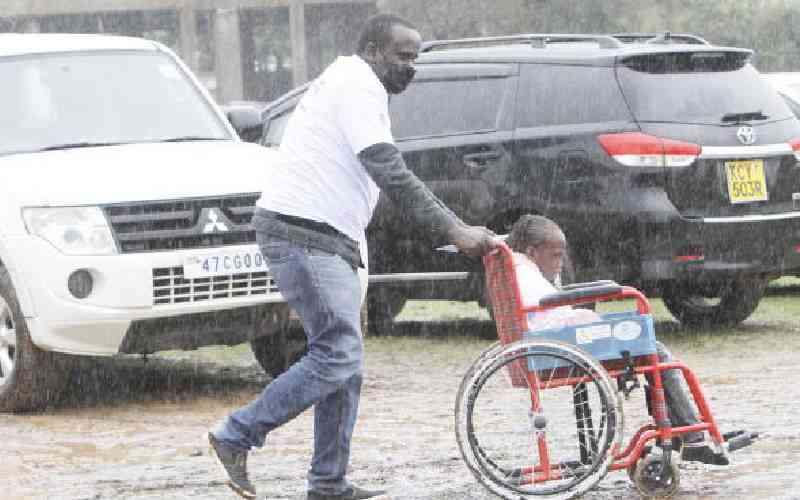×
The Standard e-Paper
Smart Minds Choose Us

The ongoing vetting of Persons with Disabilities (PWDs) for income tax exemption is a welcome move. The vetting is aimed at bringing more PWDs into the tax exemption bracket. Currently, PWDs registered with the National Council for Persons with Disabilities (NCPWD) and earning a salary of below Sh150,000 or Sh1.8 million per year are entitled to this.
The exemption is meant to allow PWDs to save some money from their paycheck to meet the additional healthcare needs occasioned by their disability.